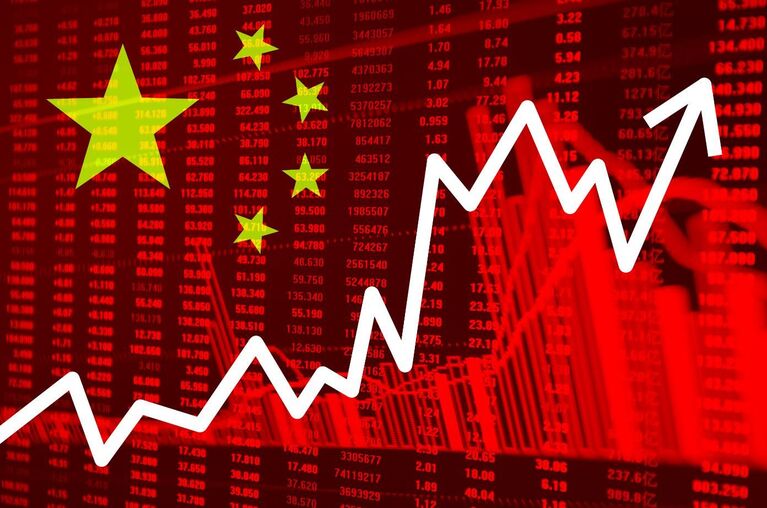
Despite the slow drip feed of negative headlines of rising gas prices, and the supply chain challenges thrown up by the heatwave in Europe, there’s been little appetite to drive stocks lower in recent weeks.
Both the FTSE100 and DAX touched their best levels in two months last week, as markets in Europe closed higher for the fourth week in a row.
US markets also underwent another strong week of gains, also finishing higher for the fourth week in a row, helped in no small part by the belief, at least in the US, that inflation appears to have peaked, although Fed officials have been keen to push back hard on that narrative.
Unfortunately, the same can’t be said in Europe, where gas prices have continued to remain high, over concerns about future supply disruptions by Russia. This means that while prices in the US may be starting to rise at a slower rate, worse may be to come in Europe.
The belief that US rate rises may well soon be nearing an endpoint has been reflected in a slide in the US dollar over the past few weeks and helped a recovery in both the euro and pound, with the latest UK inflation numbers for July due out later this week.
As get set for the start of a new week, this week’s focus will be on the consumer in China, US and the UK, with little in the way of cheer expected in any of the retail sales numbers, though of all the consumers, the US consumer has managed to outperform this year, with only a single negative month so far.
Asia markets have got off to a positive start to the week, with the latest retail sales and industrial production numbers for China showing an economy that still appears low on confidence when it comes to consumer spending, and economic activity more broadly.
The recent China trade numbers may have been lauded for seeing a strong recovery in exports, however the weak imports number still gave the impression that domestic demand remains weak.
This weakness in the Chinese economy comes against the struggle to adapt to a zero-covid policy, which the government shows little sign of relaxing, against a backdrop of rising cases. Problems in the property sector also aren’t helping, where many home buyers are halting mortgage payments in protest at delays to the completion of new homes.
In June we saw the effects the zero-covid policy has had on the Chinese economy, with a -2.6% contraction for Q2, although we have started to see some signs of a pick-up in economic activity, albeit from a very low base.
This low base was reflected in the retail sales numbers for June which came in at 3.1%, however this needs to be set in the context of a -11.1% decline in April and a May decline of -6.7%.
Having been locked down for most of April and May, the Chinese consumer ventured out and did some catchup spending, but confidence remains weak, with restrictions remaining in place in certain parts of the country. This morning’s retail sales numbers for July have confirmed how fragile this confidence still is, rising 2.7% well below expectations of 5%, and weaker than in June.
Industrial production has been more robust and recovered much better, however even here economic activity disappointed in July, slipping back from 3.9% in June, to 3.8%.
EUR/USD – still struggling to overcome trend line resistance from the January highs at 1.0340. We have shorter term trend line support from the July lows down near 1.0230. A break below 1.0220 targets 1.0150.
GBP/USD – still finding resistance at the neckline of a possible inverse H&S formation at 1.2270. A break through 1.2300 targets a move towards 1.2600. Interim support at the lows last week at 1.2030 and the 1.1980 area.
EUR/GBP – still finding resistance just below the 0.8500 area. We currently have support at the 0.8400 area. Below 0.8400 targets the 0.8340 area.
USD/JPY – currently finding support in and around the 131.60 and 132.00 cloud area. Below 131.60 targets the 130.20 area. Resistance at the 50-day SMA area.
Disclaimer: CMC Markets is an execution-only service provider. The material (whether or not it states any opinions) is for general information purposes only, and does not take into account your personal circumstances or objectives. Nothing in this material is (or should be considered to be) financial, investment or other advice on which reliance should be placed. No opinion given in the material constitutes a recommendation by CMC Markets or the author that any particular investment, security, transaction or investment strategy is suitable for any specific person. The material has not been prepared in accordance with legal requirements designed to promote the independence of investment research. Although we are not specifically prevented from dealing before providing this material, we do not seek to take advantage of the material prior to its dissemination.























